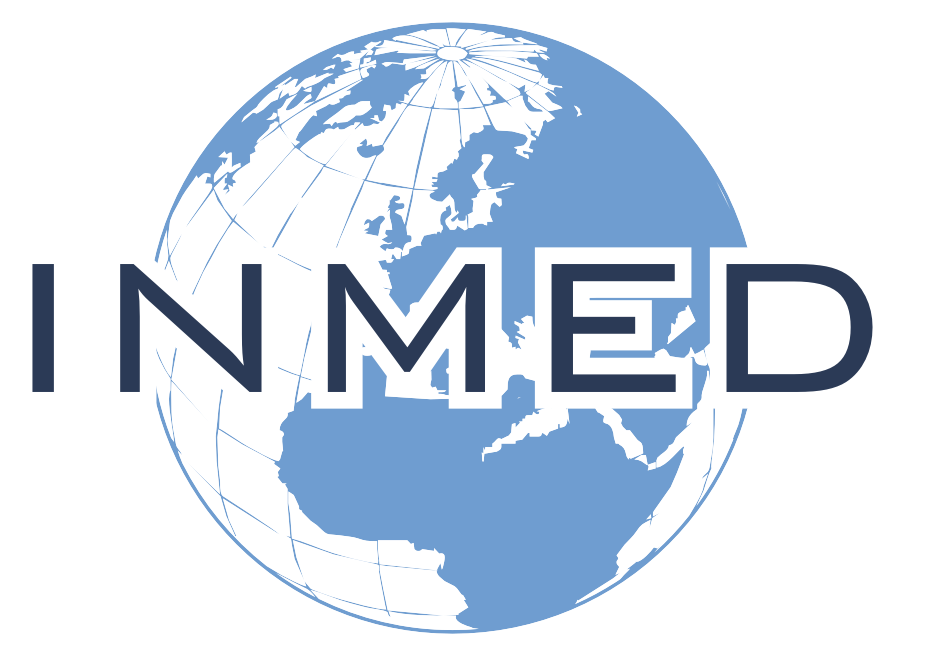Course Information
This course gives the learners the tools and skills needed to live a healthy lifestyle. Health professionals are susceptible for neglecting their own care for the service of others. This leads to unhealthy habits, physical and emotional neglect, compassion fatigue, and ultimately will have a direct affect on the personal and professional life of the health professional. This course aims at promoting the well-being of health professionals through education and behavior change that promotes a healthy lifestyle. This is a comprehensive course built around the required textbook Stick with It. A Scientifically Proven Process for Changing Your Life – For Good by Sean D. Young, PhD (HarperCollins, 2017).
At the completion of the Self-Care for the Health Professional Course, learners will be able to demonstrate using case-studies and simulation:
- Complete a personal health status analysis.
- Analyze one’s personal health assessments.
- Develop a personal health plan that addresses nutrition, stress reduction, sleep hygiene, community and activity.
- Implement behavior change models into one’s personal health plan.
Building upon the lessons below, learners will also critique assigned articles, participate in discussion boards, and compose a comprehensive essay that requires personal application of the course content.
Download the Syllabus Self-Care for the Health Professionals
WEEK 1: THE CURRENT STATUS OF HEALTH
- Who is making the decisions?
- The bedside.
- Leaning into the emotion.
WEEK 2: HEALTHCARE THAT HURTS
- Analysis of healthcare workforce.
- Moral injury in healthcare.
- Compassion fatigue.
WEEK 3: YOUR NON-NEGOTIABLES
- Reflect on the reason you chose healthcare.
- List your values.
- Recognize your humanity.
WEEK 4: HEALING
- Identifying our emotions.
- Recognize emotions are data and not directives.
- Revisit your values.
- Mindful ownership.
WEEK 5: THE WHOLE PERSON
- You are a physical, mental, emotional, and spiritual being.
- Caring for self.
- Develop a personal agility plan.
WEEK 6: CONNECTION TO OTHERS!
- Community is therapeutic.
- Friends with health benefits.
- Strategies for building healthy relationships.
WEEK 7: ACCEPTING CHANGE
- Decision-making affects everything.
- Do I lead or do I leave?
- The end-of-life question.
WEEK 8: FINAL EXAM AND PRESENTATION
The following are the minimum computing requirements for participating in this course. Students must have ready access to and be functionally proficient with:
- A personal computer with an up-to-date operating system and ample memory for downloads
- A web browser, preferably the most up-to-date version of Chrome, Internet Explorer, Firefox, or Safari
- Applications capable of opening Microsoft Word documents and of viewing PDFs
- An Internet connection, preferably high speed
- Capability of viewing YouTube and Vimeo videos
Education Methods
Learners will achieve the course competency objectives through the following educational methods:
- Assigned book and article readings
- Critical analysis
- Group discussions
- Essay Composition
- Simulation exercises
Evaluation Methods & Requirements For Successful Completion
Assessment of the learner’s performance will be based upon:
- Demonstration of the competency objectives using case-studies and simulation
- Completion of all Chapter Discussion Board assignments
- Completion of all Article Discussion Board assignments
- Achievement of ≥80% on the Self-Care for the Health Professional Essay
- Achievement of ≥80% on the Self-Care for the Health Professional Final Exam
- Complete evaluation and credit claims forms at the course conclusion.
Continuing Medical Education (CME) credit for the INMED Self-Care for the Health Professional Course is attained through satisfactory completion of the course requirements. Note: CME is not applicable to students or resident physicians.
Cost
There is no additional charge for Continuing Medical Education (CME) credit.
Accreditation Statement
Physicians
Institute for International Medicine is accredited by the Kentucky Medical Association to provide continuing medical education for physicians.
The Institute for International Medicine designates this other activity (live course and enduring material) for a maximum of 32 AMA PRA Category 1 Credit(s)™. Physicians should claim only the credit commensurate with the extent of their participation in the activity.
Accreditation Launch Date: February 1, 2024
Accreditation Termination Date: February 1, 2027
Other Healthcare Professionals
A certificate of completion indicating the number of AMA PRA Category 1 Credit(s)™ will be issued for completing this course. Certificates may be submitted to applicable state boards for recognition.
Disclosures
No persons in control of the content of this course have relevant financial relationships with ineligible companies.
| Nicholas Comninellis MD MPH DIMPH | No relevant financial relationships with ineligible companies to disclose |
| Micah Flint MPA RN DINPH | No relevant financial relationships with ineligible companies to disclose |
| Fred Loper MD | No relevant financial relationships with ineligible companies to disclose |
| Timothy Myrick MD DTMH | No relevant financial relationships with ineligible companies to disclose |
| Leda Rivera | No relevant financial relationships with ineligible companies to disclose |
Tuition for the Emergency Pandemic Control Course is $885 for both Master’s degree and non-Master’s degree credit. No additional charge is added for Continuing Medical Education (CME) credit.
The cost of this course offered outside of the United States, including China, may be different to account for local taxes and local regulation compliance.
For more information, please view our Cost page.
Micah Flint, MPA, RN, DINPH



